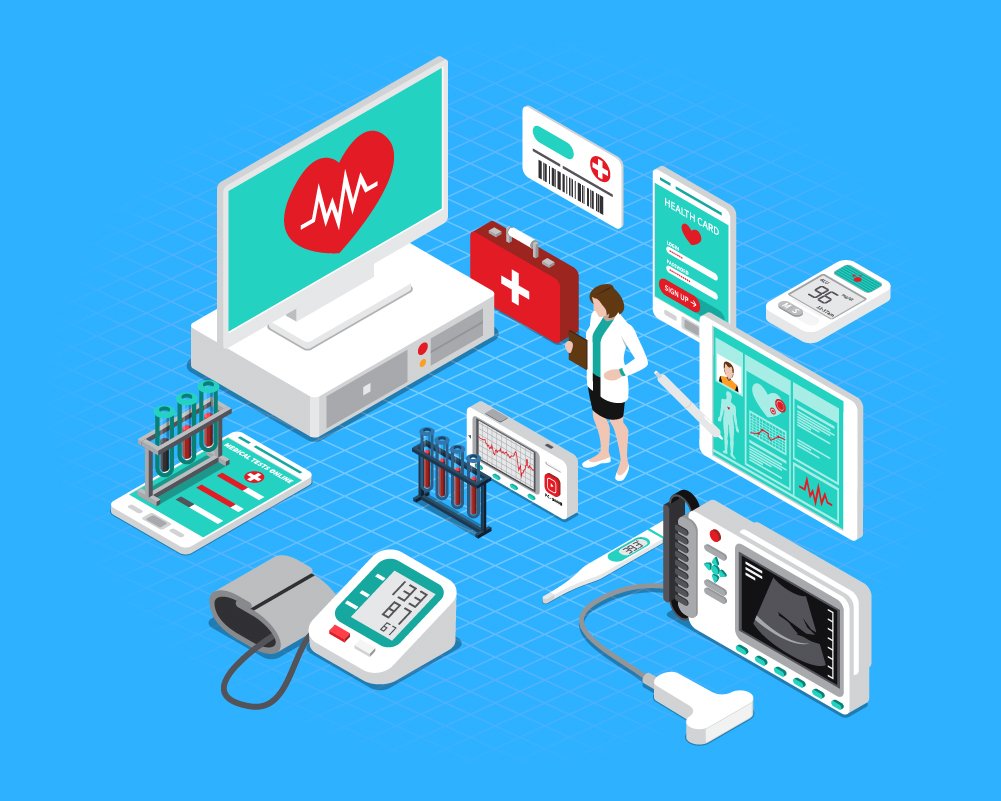Medical translation is one of the critical fields in medicine that has proven to be valuable over time. It entails interpreting or explaining key terms of medical documents, training materials, and even drug data to increase the efficacy and localization of medical devices in a new market. The translation process is highly sensitive and technical. The subject’s sensitivity is a matter of life and death, which is why the international medical industry incorporates stringent regulations. A three-step process is required to achieve laser-focus translation accuracy, which generally entails translation, editing, and proofreading. This is to avoid any detrimental misunderstandings.
The Right Approach to Translating Your Medical Device Documentation
Finding The Right Medical Devices Translation and Localization Services
Every step of medical device translation is crucial. That is why most companies tend to seek professional medical translation services. With suitable medical device translators, you are guaranteed quality services that will increase your approval chances. It also prepares the device for the local market without creating detrimental misunderstandings for local users. That is why when finding the medical device translation and localization service, you need to check the medical translator certification and other qualifications the company offering such services has.
Check Areas That Require Translation
Preparing and Planning Medical Device Translation
Planning for medical device translation is the only way to achieve quality. Before translation, it is vital to know the target audience. One must then know the medical device or material that needs translation. After that, discuss the format and finally prepare a glossary of terms. A glossary is vital in ensuring the translation is accurate. It entails coming up with a list of standard terminologies or terms according to the client’s linguistics. For accurate medical terminology translation, it is vital to look for medical translation services like Pangea. The company has the translation technology needed to reduce translation tasks and achieve a consistent finished product. Also, it becomes easy to identify terms that must remain in English to achieve accuracy, consistency, due diligence, and medical compliance, thus preventing malpractice, which is one of the benefits of medical translation in the diverse field of medicine.
Does Medical Terminology Require Transcreation?
Yes, sometimes it is advisable to use transcreation to localize medical devices to a particular market and prevent the component from being perceived negatively in that market. However, the transcreation of medical terminologies should only be done to a minimum to avoid misunderstandings. Hence it is vital to know what needs translation and what needs transcreation to avert any blunders.
Bottom Line
Need help with translation? Speak to our experts today.
